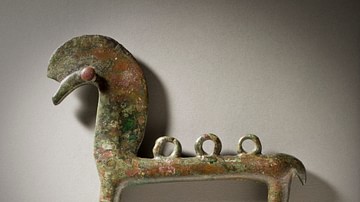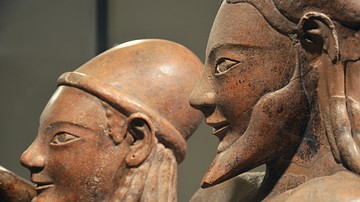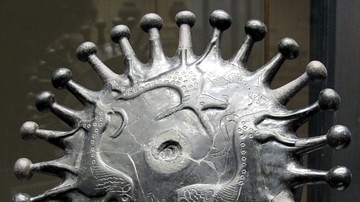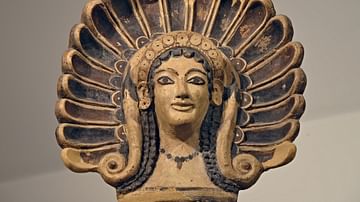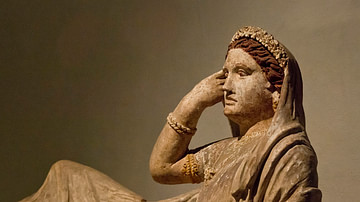Video
About the Author
Cite This Work
APA Style
Macquire, K. (2021, June 26). History of the Etruscan Culture: the First Great Italian Civilization. World History Encyclopedia. Retrieved from https://www.worldhistory.org/video/2590/history-of-the-etruscan-culture-the-first-great-it/
Chicago Style
Macquire, Kelly. "History of the Etruscan Culture: the First Great Italian Civilization." World History Encyclopedia. Last modified June 26, 2021. https://www.worldhistory.org/video/2590/history-of-the-etruscan-culture-the-first-great-it/.
MLA Style
Macquire, Kelly. "History of the Etruscan Culture: the First Great Italian Civilization." World History Encyclopedia. World History Encyclopedia, 26 Jun 2021, https://www.worldhistory.org/video/2590/history-of-the-etruscan-culture-the-first-great-it/. Web. 17 Apr 2025.


